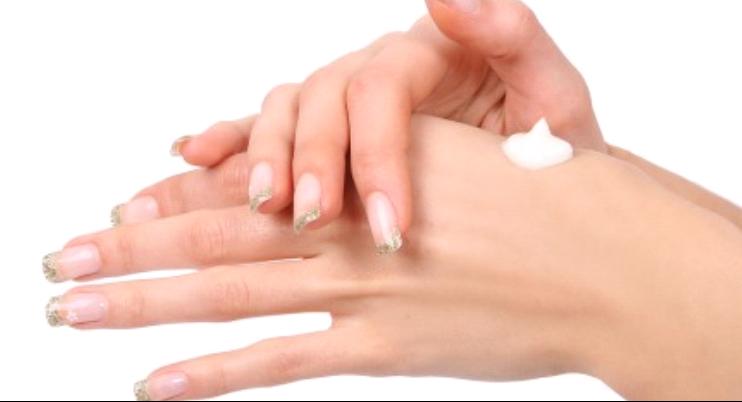Looking back, childhood was the time in life that defined the epitome of smooth, blemish-free, even toned skin. Flash forward to adolescence, in the midst of puberty where acne is on the rise. But no matter is every stage of life skin undergoes aging. And once flawless skin slowly diminishes from a lifetime of sun-exposure, air pollution, acne, and harsh chemical products. While many people try to hold onto their youthful glow or make a valiant effort to slow down the aging process, unfortunately there is no escaping this natural process. As their desire turns to desperation, people begin to make use of trends and fads without consulting a professional. Fortunately, dermatologists know how to effectively make skin tone more even. From advanced cosmetic procedures using high-tech lasers to over-the-counter medications and creams, top medical professionals can advise which skincare treatment options work to adequately reduce the appearance of uneven completions, and restore a more radiant appearance.





 There are many ways to prevent dry skin besides being smart about sun protection, like applying sunscreen, wearing clothing that blocks the sun’s harmful UV rays or donning a floppy hat. Below are some helpful hints. That way you can stop blaming ol’ Sol, or your parents, for your dry skin woes. If you have dry skin and are looking for the best treatment options or if you want to keep your skin healthy as you age visit a top dermatologist in NJ today. A
There are many ways to prevent dry skin besides being smart about sun protection, like applying sunscreen, wearing clothing that blocks the sun’s harmful UV rays or donning a floppy hat. Below are some helpful hints. That way you can stop blaming ol’ Sol, or your parents, for your dry skin woes. If you have dry skin and are looking for the best treatment options or if you want to keep your skin healthy as you age visit a top dermatologist in NJ today. A 
